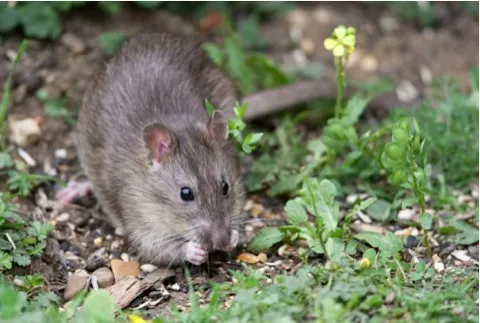The entire rat population on two of the Isles of Scilly is to be culled in order to protect internationally important breeding flocks of seabirds.

The Isles of Scilly support 14 species of seabird including the only colony of storm petrel in England. However, seabird populations have declined there by nearly a quarter in the last 25 years due in part to predation on chicks and eggs from the brown rat, the birds’ greatest threat on land.
A project developed by a partnership of organisations including the RSPB, the Isles of Scilly Wildlife Trust and Natural England has been designed to support the growth of seabird populations by culling the rodent. Baiting stations have been placed around the islands of St Agnes and Gugh and have been designed to limit the impact on other species. The eradication has been undertaken by Wildlife Management International Limited (WMIL) and will run from today until the end of the month.
Results from a similar project on Lundy, which launched in 2003, lend precedence to the campaign’s hopes. There, breeding populations of Manx shearwater have grown from 100 to 1,000 with numbers of puffins, guillemots, razorbills and shags also increasing.
Speaking to the BBC, Jaclyn Pearson from the Isles of Scilly Seabird Recovery Project said, "The project is 25 years in length, although the project team will disband after five years, for the remaining 20 years the community will continue to protect their seabird heritage, by keeping the islands 'rat-free'.
"This includes correct waste management, ensuring bio-security on boats and freight to the islands, and of course, educating all visitors to the islands to be vigilant and 'rat on a rat'.
"It’s the largest community-based island restoration project attempted in the world to date."
